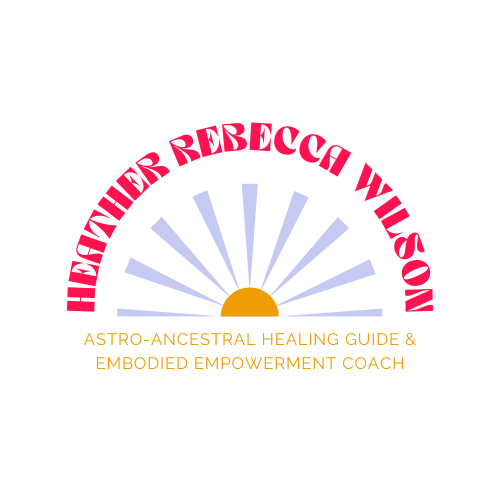Exploring Halloween, Samhain, Dia de los Muertos, and Undas: Honoring Ancestors Worldwide
Some of my maternal ancestors in the Philippines c. 1948
Celebrating and Commemorating Our Ancestors Across Cultures
Various cultures around the world have traditions and holidays to honor and remember our ancestors. These celebrations allow people to connect with their departed loved ones and acknowledge the ongoing bond between the living and the deceased. Halloween, Celtic Samhain, Dia de los Muertos in Mexico, and Undas in the Philippines are examples of such observances.
Halloween
Halloween, celebrated on October 31st, is known for festive activities, costumes, and trick-or-treating. Its roots trace back to the ancient Celtic festival of Samhain, when the Celts believed the boundary between the living and the dead was thin, allowing spirits to roam the earth. People lit bonfires and wore costumes to ward off these spirits. Today, Halloween serves as a time to honor our ancestors with some setting up altars or leaving offerings for their departed loved ones.
Celtic Samhain
Samhain (pronounced “saa-wen”), from the Celtic culture, marks the end of the harvest season and the beginning of winter. During Samhain, the veil between the physical and spiritual worlds is believed to lift, allowing communication with the deceased. People gather around bonfires, share stories, and make offerings to their ancestors. The traditions of Samhain have shaped modern Halloween celebrations, emphasizing the connection between the living and the unseen realms.
Dia de los Muertos
In Mexico, Dia de los Muertos, or Day of the Dead, is a vibrant celebration from October 31st to November 2nd. This holiday honors deceased loved ones and celebrates their lives. Families create altars called ofrendas, adorned with photos, candles, marigolds, and the favorite foods and beverages of the departed. It is believed that during Dia de los Muertos, the spirits of the deceased return to visit their families. The atmosphere is joyful, with parades, music, dancing, and the sharing of stories and memories.
Undas in the Philippines Undas, which encompasses Todos Los Santos (All Saints' Day) and Araw ng Kaluluwa (All Souls' Day), originates from a deep Catholic tradition in the Philippines. This holiday involves offering prayers, alms, and graveyard visits to loved ones and souls in purgatory. It is a day dedicated to honoring and remembering the deceased. Families visit cemeteries to clean and decorate the graves of their ancestors, offering prayers, lighting candles, and leaving food and other offerings. This day serves as a time to reconnect with the past, seek guidance, and express love and gratitude for ancestors.
Across these cultures and traditions, the celebration and commemoration of our ancestors are deeply rooted in love, respect, and the belief in the ongoing connection between the living and the deceased. These holidays provide an opportunity to reflect, remember, and strengthen bonds that transcend time and space. As candles flicker and prayers fill the air, we honor the enduring legacy of our ancestors and cherish the eternal bond that transcends life and death boundaries.
Peace & blessings,
Heather
PS - Are you ready to say “yes” to breaking intergenerational, colonial patterns? You don’t have to walk this path alone! You’re invited to join the “Astro-Ancestral Healing Collective” Monthly Membership, a sacred space devoted to supporting and empowering female-bodied “cycle-breakers” seeking to alchemize deep ancestral wounds into creative potential and shifts to higher consciousness with the help of astrology and pleasure as transformative medicine. Spiritually bypassing your body and s*xual health is not an option on an ancestral healing journey, and this membership is a safe, loving, and non-judgmental space to do just that. Learn all about our inspiring community and become a member here.

